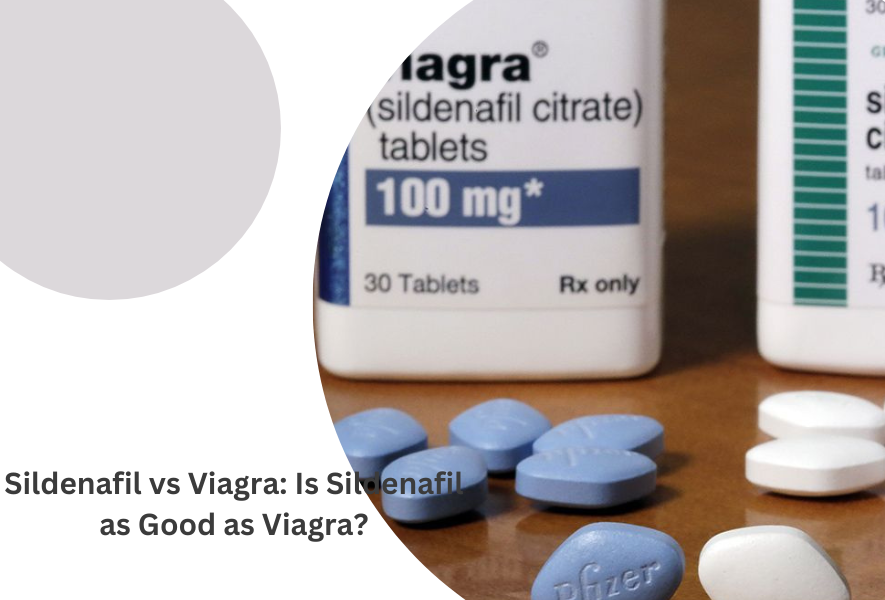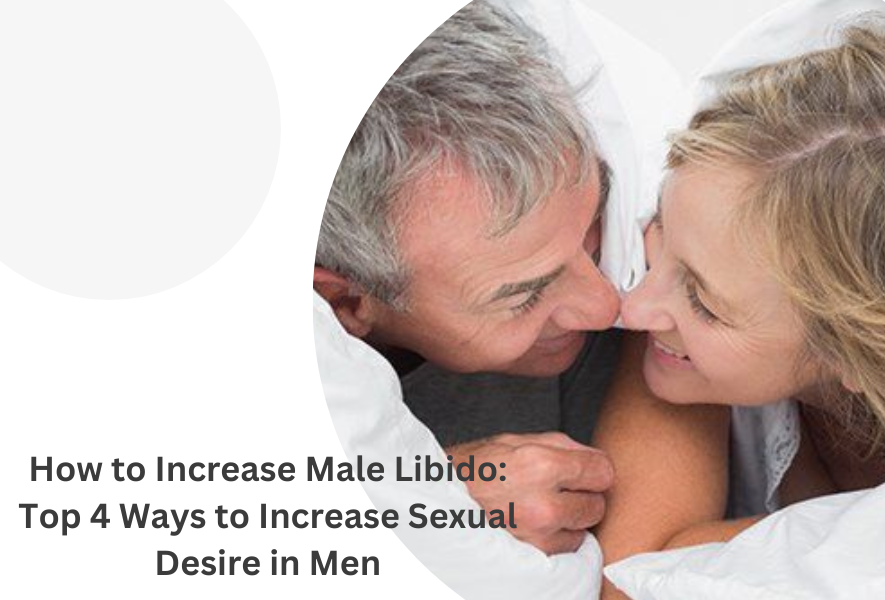Sildenafil vs Viagra: Is Sildenafil as Good as Viagra?
When it comes to understanding the difference between Sildenafil and Viagra, there seems to be some confusion. The truth is, in reality, these two terms refer to the exact same medication — just under different names. One is the brand name, while the other is the generic version. Let’s dive deeper into the topic to provide a clear picture of Sildenafil and Viagra, their similarities, differences, and everything you need to know.
Understanding the Basics: Viagra and Sildenafil
Viagra is a brand name for the drug manufactured by Pfizer and was the first medication approved by the FDA for the treatment of erectile dysfunction (ED). Ever since its approval in 1998, Viagra has become one of the most well-known names in the world of ED treatments.
Sildenafil is the active ingredient in Viagra. It’s what makes Viagra effective in treating erectile dysfunction. In 2013, when Pfizer’s patent on Viagra ended, other pharmaceutical companies gained the rights to manufacture generic versions, which they simply named after the active ingredient – Sildenafil.
So, in essence, Sildenafil and Viagra are technically the same medication, just under different names. However, there might be other aspects you should consider when deciding between the two.
Effectiveness
Both Sildenafil and Viagra work in the same way to treat erectile dysfunction. They both belong to a class of medications known as PDE-5 (phosphodiesterase type 5) inhibitors. These medications work by enhancing the effects of nitric oxide, a chemical that relaxes muscles in the penis, thereby increasing blood flow and facilitating an erection in response to sexual stimulation.
Many studies have shown that both Viagra and Sildenafil have similar efficacy. According to the Urology Care Foundation, about 70% of men who use Sildenafil (or the branded version, Viagra) notice improved erections.
Dosage and Duration
Viagra and Sildenafil are available in three doses: Sildalist 120 Cenforce 200 Cenforce 100. The recommended starting dose is typically 50 mg, but it can be adjusted based on effectiveness and tolerance.
Both medications usually start working 30 to 60 minutes after you take them. Their effect can last up to four to five hours, depending on individual response and other factors like overall health, age, diet, alcohol use, and concurrent medications.
Side Effects
Since Viagra and Sildenafil are essentially the same medication, they share the same side effects. The most common ones include headaches, hot flashes, nasal congestion, upset stomach, and vision changes. However, these side effects are usually mild and short-lived.
It’s also essential to remember that like all medications, Viagra and Sildenafil can interact with other medications and may not be suitable for people with certain health conditions. Always consult with a healthcare provider before starting these medications.
Cost
The most significant difference between Sildenafil and Viagra is usually the cost. Viagra, as a brand name medication, tends to be more expensive than its generic counterpart. Sildenafil is typically much cheaper, making it a more accessible option for more people.
Conclusion
In conclusion, Sildenafil and Viagra are essentially the same when it comes to their active ingredient, effectiveness, dosage, duration, and side effects. The key difference lies in the price. Since Sildenafil is the generic version of Viagra, it’s usually much more affordable. When deciding between the two, individuals should consider their budget and discuss with their healthcare provider to determine the best choice for their specific needs.
Remember, whether you choose Viagra or Sildenafil, it’s crucial to use the medication responsibly and according to your healthcare provider’s directions. Always keep your doctor informed about your medical history and any other medications you’re taking to ensure the safest and most effective treatment.



